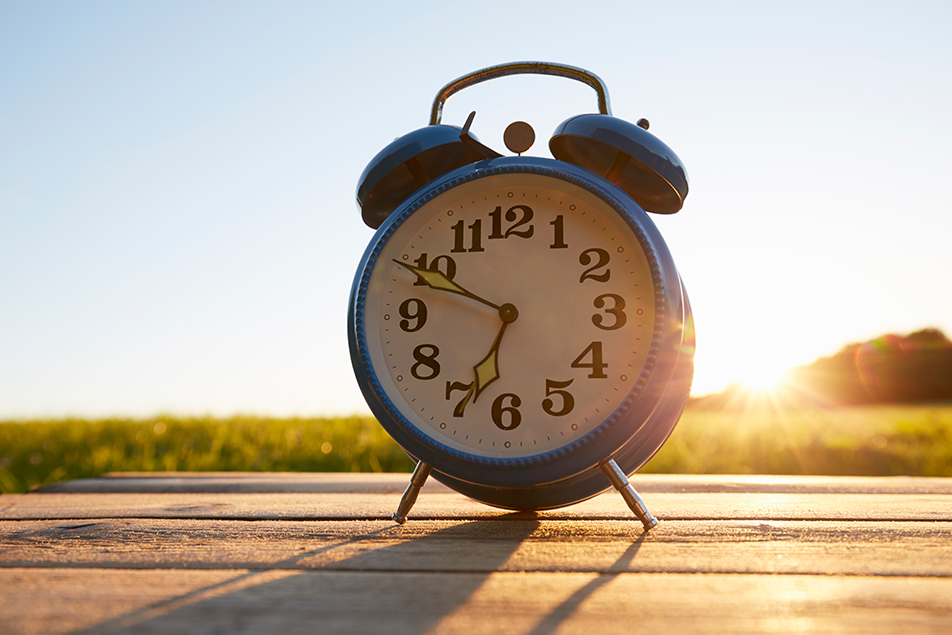Fall Back Facts: Experts Weigh In on How Changing Clocks Affects Your Body and Sleep

Every autumn, when we change the clocks and gain an extra hour of sleep, people wonder if it affects their health. Experts say yes, it does!
The shift, known as “falling back” for Daylight Saving Time, changes the amount of natural light we get. Because the sun rises and sets earlier, our bodies react. This can impact our internal clock, called the circadian rhythm.
Here’s what experts found:
- Sleep Benefit is Real (but Temporary): Most people welcome the extra hour of sleep. However, the initial benefit is small. The abrupt change can still slightly confuse your internal clock, similar to a minor case of jet lag.
- The Winter Effect: The bigger impact comes from having more darkness in the evenings. Less light exposure later in the day can affect mood and energy levels. For some, this shift can trigger or worsen Seasonal Affective Disorder (SAD).
- Small Risks: Studies have shown small, temporary changes in health risks after the shift. While the risk increase is generally lower than the shift in spring (when we lose an hour), some people might see a minor rise in traffic accidents or heart issues right after the change.
In short, while gaining an hour of sleep sounds good, the body needs time to adjust to the new light schedule. Experts often recommend preparing for the change by going to bed slightly later in the days leading up to the clock change.


